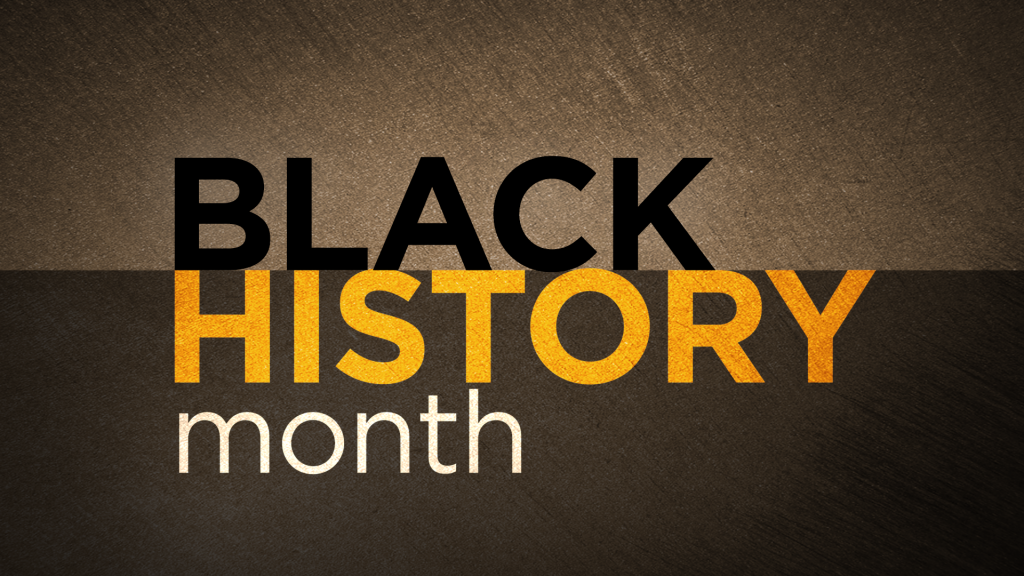Celebrating South LA Rich History in The Month of February

For the University Muslim Medical Association (UMMA), February is a month near and dear to our hearts with two important events that speak to UMMA’s core values and the foundation of its existence. February marks Black History Month, as well as American Heart Month. Every observance of Black History Month honors both the triumphs and struggles of generations of Americans dedicated to overcoming tremendous obstacles – slavery, poverty, and prejudice, as well as the rich contributions of African Americans to our nation’s cultural and political life. UMMA honors this rich heritage as we continue to strive for healthier African American communities as a fundamental thread in the tapestry that weaves all of our cultures and creeds into the great American experience.
And February not only marks Valentine’s Day, when we think about those we love, but also marks American Heart Month, when we can express the love we feel for our fellow human beings to our communities as well, heralding it as an opportunity to encourage our fellow Americans to commit to healthier lifestyles and make the small changes that can lead to a lifetime of heart health.
This remains an uphill battle. A Pew Research Center poll found that in 2009, 39% of African-Americans felt that their lives were improving, and by 2013 this figure had slid downward to 25%, a sentiment no doubt echoed across many communities in the wake of economic and social turmoil. We must all join together in an effort to enhance the lives of all Americans, planning with our heads, but guided by our hearts. According to death rate data collected in 2013, over 2200 Americans die of coronary vascular disease each day, an average of 1 death every 40 seconds.
Key factors for heart disease include high blood pressure, high levels of LDL cholesterol, and smoking, with 49% of Americans having at least one of these risk factors. Other risk factors include poor diet, physical inactivity, obesity, and diabetes. The social impact of heart disease looms large as families who experience heart disease have to often deal with not only large medical bills, but also lost earning potential and a real possibility of a decreased quality of life. By addressing heart disease in the African-American community, as well as others, we can impact the belief and reality of being better off today than yesterday.
In this Leap Year, we have an extra day. What will you do with that extra opportunity? Exercise? Eat healthier? Encourage your loved ones and friends to do likewise? Let us treat each day as if it were a “leap day”, an extra bit of time for us to turn our attention to the cry for help reflected in statistics regarding heart health, quality of life, and the health needs of the underprivileged and under-served.
Here at UMMA, we hear this plea loud and clear. This is a call to action that we must all recognize. February cannot go quietly into the night. Our communities deserve better.
Even in a short month like February, that is way too many avoidable deaths. Distressingly, according to the CDC, heart disease is the leading cause of death across numerous ethnicities in the U.S., with 24.5% of African American deaths attributed to this illness.
Consider this. Coronary heart disease has been the leading cause of death every year for the past decade. In 2013, 1 in 9 death certificates (284,388 deaths) in the United States mentioned heart failure. Locally, from 2003-2012 heart disease was also leading cause of death in Los Angeles County. Directly in UMMA’s backyard, coronary heart disease is the leading cause of death in every Service Planning Area (SPA) and even more disturbingly in our specific Service Planning Area 6, homicide along with coronary heart disease is the leading cause of premature death. This is a national problem, but we see its impact here on our own streets and our own neighborhoods. The Institute of Medicine has identified 6 domains of quality of care, including safety, effectiveness, patient-centered care, timely care, efficiency, and equitable care. As community health clinics, we must strive to address all 6 domains of quality of care, as we wish to treat the whole person, rather than a constellation of symptoms.
